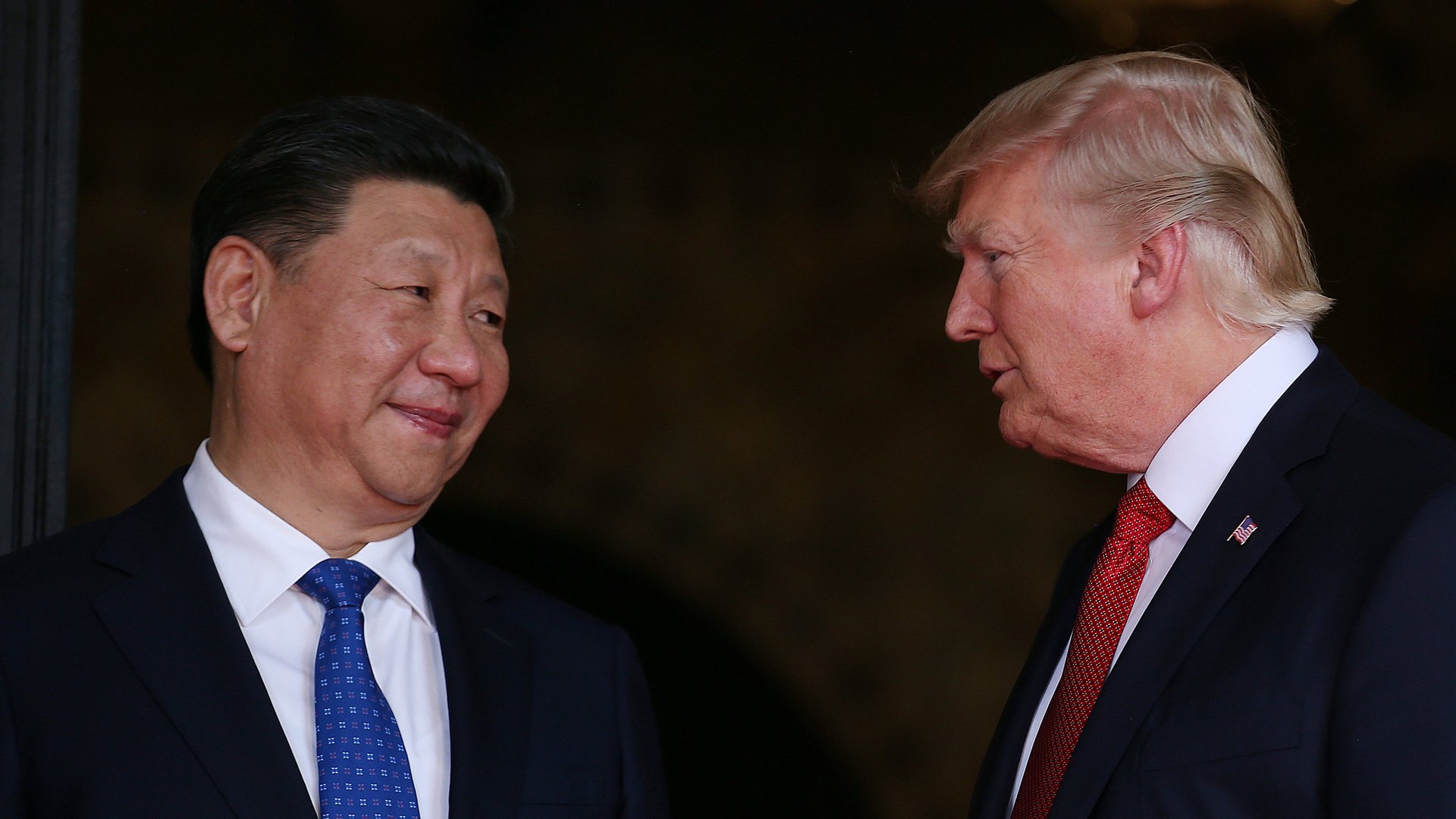To avoid beef with the US, China is willing to do a quick deal on beef
The literal beef between China and the US wound up being an asset for US president Donald Trump during a weekend summit with Chinese president Xi Jinping.


The literal beef between China and the US wound up being an asset for US president Donald Trump during a weekend summit with Chinese president Xi Jinping.
For Trump, the meeting was a daunting first chance to deliver on one of his main campaign promises—to rein in perceived unfair practices by China without triggering a trade war that would roil global markets.
The Financial Times reports (paywall) that, during the first meeting between the two leaders, a tentative agreement was struck to rush trade talks. In exchange for easing restrictions on the sale of some high-tech US products to China, Xi is considering ending a 14-year ban on US beef imports that has been in place since 2003.
(Xi may also offer the US financial sector better access to the Chinese market, the FT reported—currently, non-Chinese investors cannot hold a majority stake in Chinese securities and insurance companies.)
Access to the Chinese market would be a welcome development for US beef producers, who see the China as a vast, untapped market. Revenue from beef exports have generally been on the rise during the last decade. A more open China would only increase those numbers.
The Chinese government initially banned beef from Europe in 2001 as a response to mad cow disease. The disease appeared in the US in 2003, prompting a similar ban that was never lifted.
To be sure, if China agrees to lift its American beef ban, it wouldn’t be entirely the Trump administration’s doing. Indeed, the Chinese first indicated they would lift the ban during the Obama years, though bureaucrats on both sides had not dived into the technical negotiations.